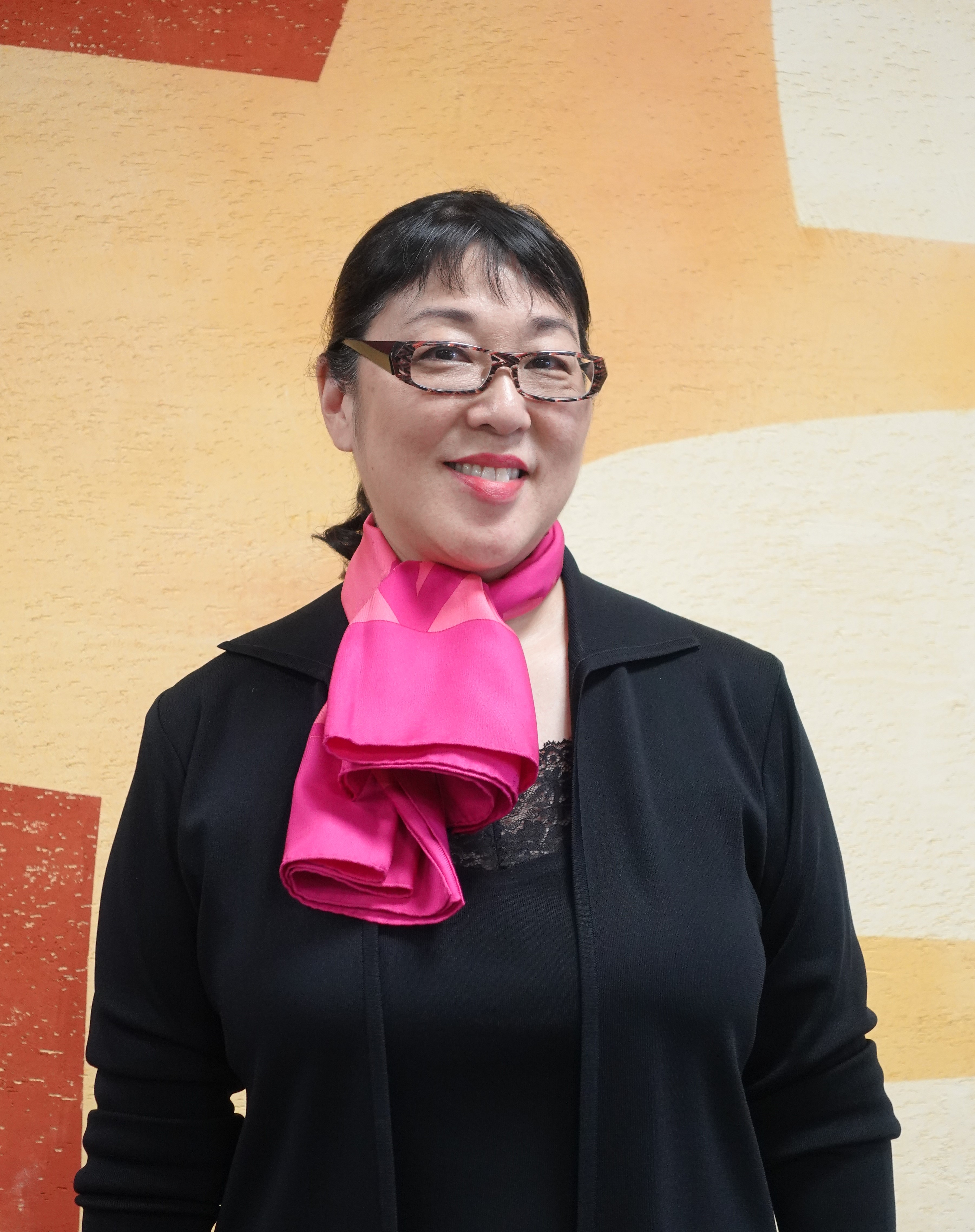One of the promises of a new Global Network course is that “students will develop an ethical mindset to inform their leadership practice in the evolving 21st century global workplace.” The course, Cross-cultural Interaction, Neuroscience, Artificial Intelligence and ESG, will be taught by Professors Catherine Sibala and Royanne Doi of Hitotsubashi ICS.
Professor Sibala, a graduate of Australian National University and Deakin University, was a national public official in the Australian Federal Government for 15 years, during which time she represented the Australian government at numerous multilateral and bilateral meetings and negotiations. For three years she was the Political First Secretary in the Australian Embassy in Tokyo. After completing her diplomatic assignment she worked as a Senior Analyst at Okamoto Associates, Inc., a Tokyo-based international political, economics and security consultancy, where her responsibilities included monitoring and analysis of international developments. Since 2010 Professor Sibala has worked as an academic with a research focus on labor issues and currently teaches courses on leadership and business ethics.

Royanne Doi recently served as Adviser for Global Legal, Ethics & Compliance at Yamaha Corporation. She is a corporate governance specialist with past positions as Chief Legal Officer, Corporate Chief Ethics Officer, Chief Compliance Officer, and Regional Director of Government Affairs. During her tenure as a global ethics officer, Ms. Doi’s company received Ethisphere’s designation as one of the World’s Most Ethical Companies for the first time in 2015, and multiple times thereafter. Royanne has an undergraduate degree in Philosophy, from Washington University in St. Louis, and a Juris Doctorate from UCLA School of Law. She is a member of the California bar and lived in Japan since 1994. Her three passions are economic empowerment for women, the cross-study of behavioral ethic and neuroscience, and forever learning.
We asked the professors about the course.
What made you decide to teach this particular course as a SNOC?
In this VUCA world, with COVID-19 being just the latest of myriad disrupters, it’s more important than ever for business leaders to have a focus on running their organizations the right way. Through this course, we want students to gain greater understanding of some of the issues that impact how leaders make decisions. We also want students, as future leaders, to acquire tools to help them navigate through these kinds of issues.
What does the global virtual environment of a SNOC provide for students in terms of cross-cultural learning, and how can this also help you?
Obviously, "global" brings a huge diversity of background and experience to SNOC students' learning. At Hitotsubashi ICS, we already have a high level of diversity in our class cohorts, but SNOC is a chance for “diversity on steroids.” The “virtual” aspect makes this diversity easier and more convenient. It is also a great equalizer; everyone has a chance to be heard and to contribute. We use the term “cross-cultural” in our course title to highlight opportunities to explore the influence of local culture on ethical challenges.
What do you hope students take away from your class that they can apply to their careers, regardless of the path they choose?
We hope students will become more aware of ethical considerations, including how their brain processes information during decision-making. We also hope students will come to appreciate that ethical considerations are not separate from business, but rather are a natural and essential part of smart - and profitable - business operations. This is particularly true with the rise of consumer focus on sustainability, authenticity and transparency/accountability.
